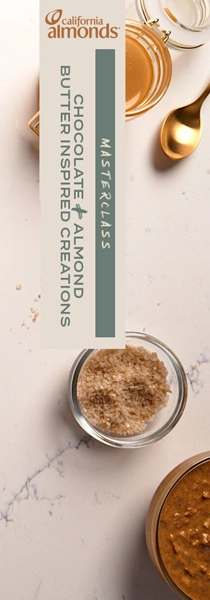
- Industry news
Industry news
- Category news
Category news
- Reports
- Key trends
- Multimedia
- Journal
- Events
- Suppliers
- Home
- Industry news
Industry news
- Category news
Category news
- Reports
- Key trends
- Multimedia
- Events
- Suppliers

The researchers concluded that a daily synbiotic containing BeneoSynergy1 had a favourable impact on a number of early markers of colon cancer. These findings have implications for the millions of people who risk developing colon cancer.

08/03/07 A major European study has been published, showing for the first time that colon cancer risk can be reduced when volunteers take a dietary supplement containing the prebiotic ingredient, BeneoSynergy1. Colo-rectal cancer accounts for 12% of cancer deaths worldwide. The disease is more common in Western countries where diets are less healthy and sedentary lifestyles are favoured.
The EU-funded SYNCAN Program represents a collaboration of scientists from 6 different countries. Volunteers at risk for colon cancer (either patients who had been treated for colon cancer previously or healthy volunteers who had had intestinal polyps removed) were given a placebo, or a daily ‘synbiotic’ supplement that combined the leading prebiotic ingredient, BeneoSynergy1, with two probiotic cultures. After 12 weeks, tests were done to establish changes in colon cancer risk. Patients in the synbiotic group experienced dramatic reductions in key markers of risk. For example, DNA damage in mucosal tissue decreased by 60% and cell turnover was normalised. The SYNCAN researchers concluded that a daily synbiotic containing ORAFTI’s BeneoSynergy1 had a favourable impact on a number of early markers of colon cancer. These findings have implications for the millions of people who risk developing colon cancer in later life.
Colon cancer: a timebomb?
Mortality rates from colon cancer continue to rise, accounting for over ½ million premature deaths worldwide. It is the third most common cancer after lung and breast cancers, and mainly affects people over the age of 60. With rising numbers of older people living in Western countries, experts are concerned that colon cancer rates could spiral upwards in future.
Colon cancer is thought to originate from changes to cell DNA in the large intestine. These changes may be caused by diets rich in saturated fat and animal protein or a lack of fruit and vegetables. The damaged cells then replicate and grow to form pre-cancerous lesions, called polyps. People diagnosed with polyps have a high chance of developing colon cancer.
SYNCAN in detail
The SYNCAN Program tested the hypothesis that a combination of prebiotics and probiotics could help protect the gut from the DNA changes that promote colon cancer. Prebiotics have been studied extensively in the past and are known to deliver a range of important health benefits.
80 patients with a history of colon cancer or polyps were recruited into the SYNCAN study. Half of the group received a placebo, while the other half received a ‘synbiotic’ dietary supplement containing a mix of the prebiotic ingredient, BeneoSynergy1 (ORAFTI, Belgium), and two probiotic cultures, Lactobacillus LGG and Bifidobacterium BB12. The placebo and supplements were taken daily for 12-weeks.
A variety of tests were carried out at baseline and at 12-weeks to establish colon cancer risk. The results showed that volunteers receiving the synbiotic experienced significant reductions in DNA damage in the intestinal tissue and less cell proliferation (growth of abnormal gut cells), while the immune response in the gut was improved. Patients who had had polyps removed benefited the most.
The dramatic risk reduction seen in the synbiotic group coincided with changes to the composition of gut bacteria that favoured protective species, such as Bifidobacterium and Lactobacillus. These changes happened within a few weeks, showing that synbiotics can deliver immediate, as well as, long-term benefits.
Diet breakthrough
Scientists have long suspected that dietary changes can lower cancer risk. However, until now, no human intervention study has provided clear proof. Using innovative tests of colon cancer risk, the SYNCAN Program has successfully shown that a convenient daily supplement can make significant changes to the gut environment within a matter of weeks. These changes appear to enhance the gut’s defence against dietary toxins by stimulating the growth of beneficial bacterial species.
BeneoSynergy1 is being used increasingly as a food ingredient across Europe and America. Dr Anne Franck, ORAFTI's Executive Vice President of Science and Technology, comments: “The results of the SYNCAN study are good news for the promotion of cancer-protective diets. As well as the regular advice about low fat diets, fruits, vegetables and physical activity, consumers can now take advantage of the clear health benefits offered by products containing prebiotics such as BeneoSynergy1.”











